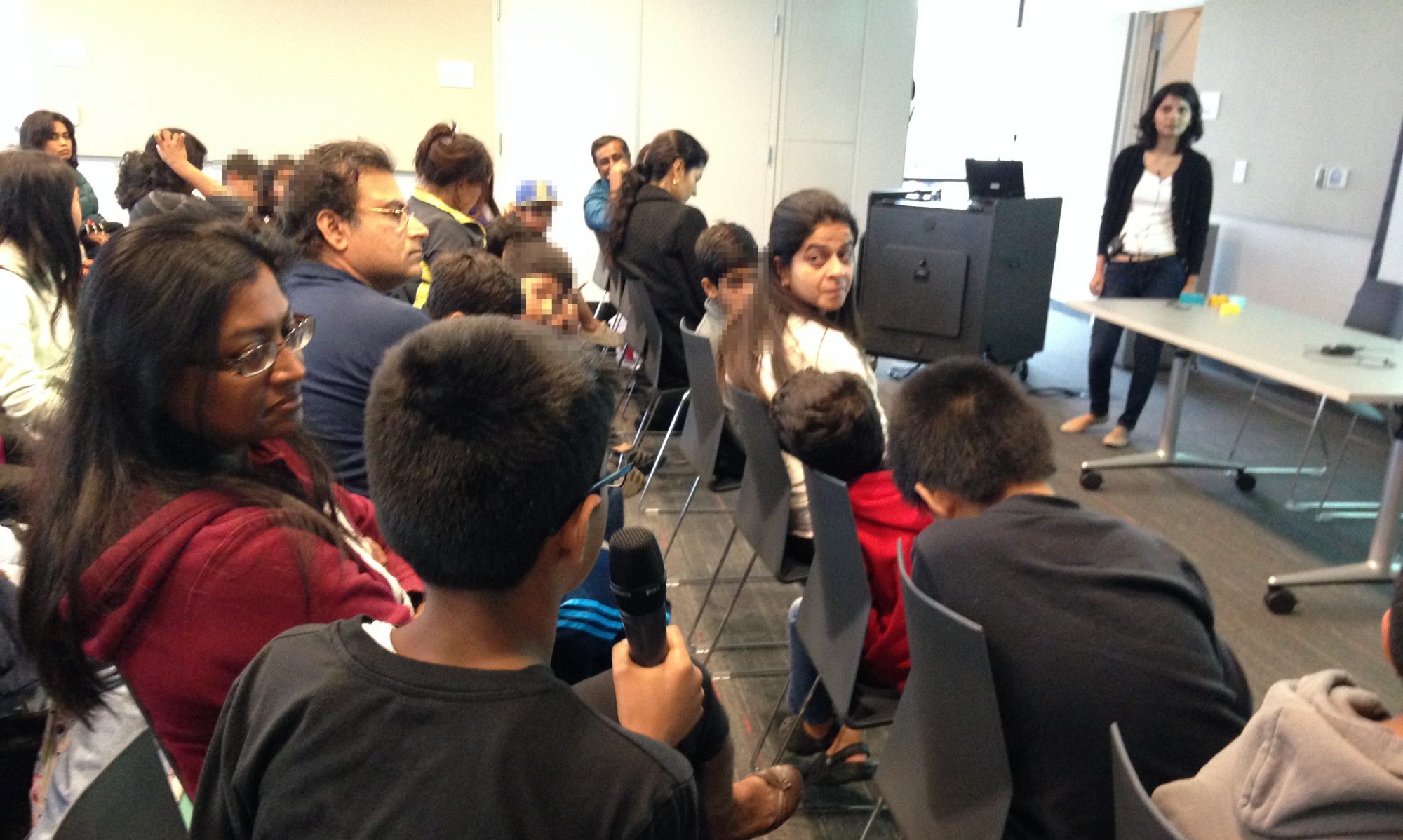This blog post was originally written on May 8, 2019. Some of the links may be inactive now. If you are interested in creating a summer program for your use, please contact us.
AlligatorZone® Academy’s summer enrichment program for kids of ages 10–15 starts with the awareness that entrepreneurship in the real world is very rarely of the sensational kind that children see on popular entertainment TV shows.
Entrepreneurship is an intensely intellectual and extremely social journey of understanding a problem and solving it in a resourceful manner for people. Entrepreneurship is not just writing a business plan or presenting it to a group of grown-ups to win a medal or a small check.
Entrepreneurship coaching, even for grown-ups, which over-emphasizes the theatrics of a stage performance in a pitch competition puts the cart before the horse. There is a need for public speaking skills, but at a later stage. Entrepreneurship usually starts with being mindful in research, a lot of listening, and rolling up one’s sleeves in search of the best way to make a customer delighted, or just to make the customer breathe a little easier.
The way AlligatorZone Academy’s summer camp curriculum is designed and delivered is therefore different from what parents might typically see at an entrepreneurship boot-camp for children and teens.
In AlligatorZone Academy’s summer camp, we help children and teens (ages 10-15) with introspection so that they figure out what they would like to pursue as a project over the next year or so. Then we provide them with mental models and frameworks to making decisions on various aspects of taking their product to the market, and letting the market decide if their work deserves recognition with actual sales. Participants in the summer camp will use real-world productivity tools just like any startup founder, and learn to think like startup founders, without using jargon. The focus is on first principles of entrepreneurship so that the kids and teens really grasp the core concepts and use them as building blocks of life-skills that will stand them in good stead no matter what their future career and calling. We steer the children, with the support of their respective families, towards the steps needed to take an idea and make a product out of it, working alongside them step-by-step with a compressed launch-program to help them get their project off the ground in the real world.
There are no plans for pitch competitions, no award ceremonies and no participation medals. Just a close-knit community of students who help one another out, and have a blast just being their creative selves, without pressure.
The kids leave AlligatorZone’s workshops with a sense of quiet confidence and pride about a body of work that they started from concept, and depending on the time on hand, progressed sufficiently forward to a stage of creation and validation in the real world. After the workshop, the kids and teens may continue to build in order to differentiate themselves as a distinctive personal brand.
This summer, AlligatorZone is formalizing a layer of support after the summer camp. AlligatorZone will continue to provide the students with a low-maintenance yet highly effective subscription plan to provide guidance to the children and teens with the help of a supportive community, should they wish to continue on their entrepreneurial education and journey.
We hope you will enroll your child at AlligatorZone Academy’s summer enrichment program (https://AlligatorZone.org/Summer).
We also hope that you will become a premium subscriber in our starter plan (https://AlligatorZone.org/Premium) and join our community.
Further, parents may also consider taking their children to attend our free public AlligatorZone events (https://AlligatorZone.org/Attend). Read this blog post about why those events are important. (http://bit.ly/2Wvz51d)



